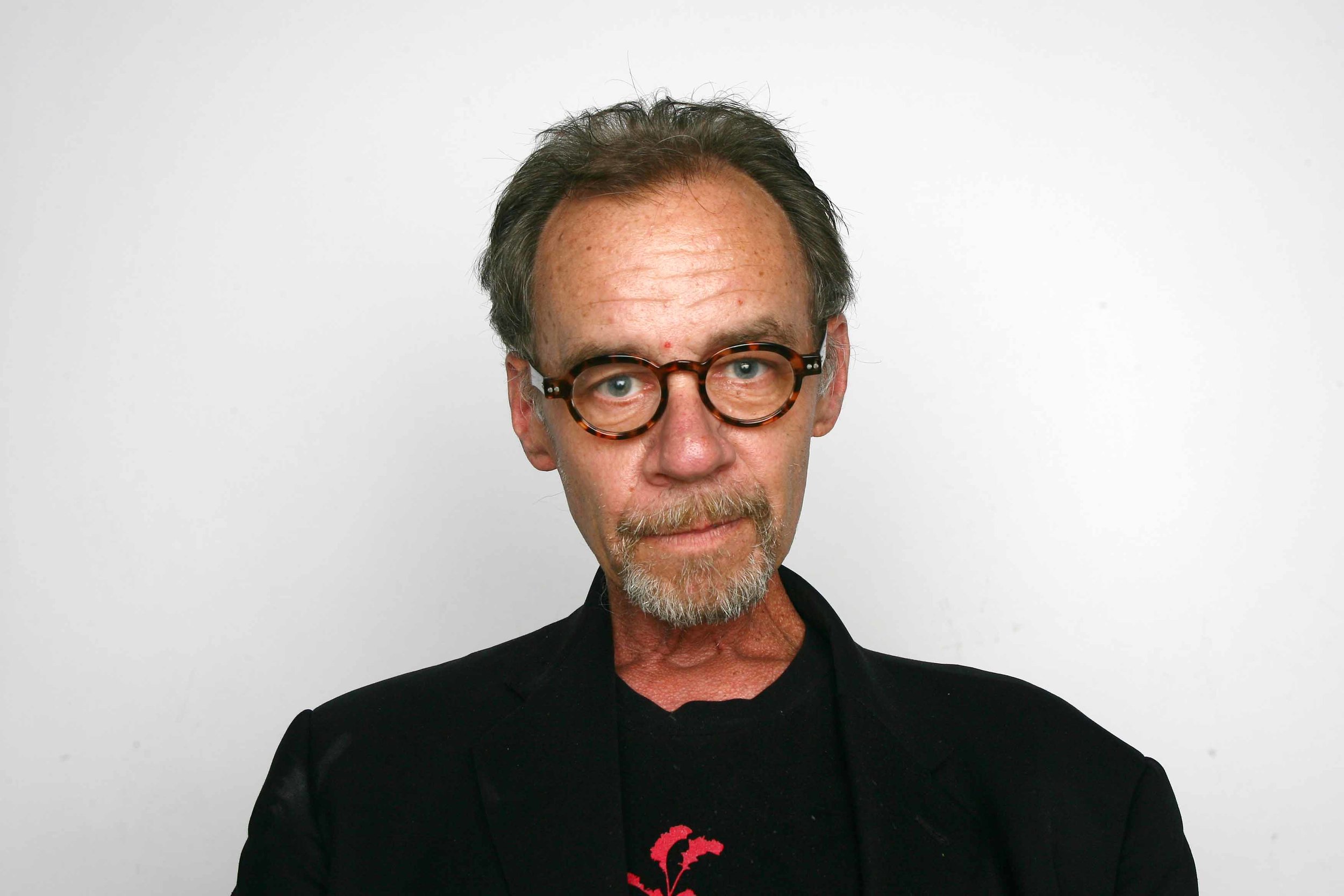In memoriam for my friend, David Carr, who died yesterday. We talked about work and risk in 2012. David was a media and culture columnist for The New York Times. In his 2008 memoir, The Night of the Gun, he detailed his past experiences with addiction and includes interviews with people from his past, tackling his memoir as if he were reporting on himself.
Q: What’s the most significant risk you’ve taken professionally?
David: Back when my twins were getting ready for college, it was clear that we had not done the financial footwork to help them with the terrifying costs. I decided it might help to do a memoir based on a personal history of addiction that involved some remarkably unsavory behavior. The book, The Night of the Gun, attempted to advance the genre of junkie memoir by reporting out my memories by doing video-taped interviews and digging into medical and legal records. It was, in retrospect, a very satisfying journalistic and literary endeavor, something that I felt good about. But given that I work at the New York Times, it's portrait of a narcissistic and occasionally brutal man who eventually sobered up and gained custody of his children presented some, um, optical issues. Specifically, what would my bosses think of not only the book I had done, but the things that I had done? I can remember when a draft was finished, I went to my boss at the time, Sam Sifton, and he said he would walk it down to the editors, but gently suggested it might be better if I was the one who delivered the manuscript. He was right, but I felt like putting on oven mitts or grabbing a pair of tongs to hand it off. As it turned out, Bill Keller, the editor of the Times, thought the book was just fine. Probably not exactly his cup, but as he said at the time -- and I am paraphrasing -- "We don't hire nuns. The work you did is carefully reported and reflects the standards that we have here at the paper." I was and am proud of the book and if it means that every once in a while someone who doesn't like me or my work dismisses me as a crackhead, I'm OK with that. As Whitman suggested, we all contain multitudes, and that history is part of who I am. But I am also a respected person in my business, a decent father and husband, and someone who works on my own recovery and tries to help others when I can. I proceed through life with my worst secrets already manifest, and there is something to be said for that.
